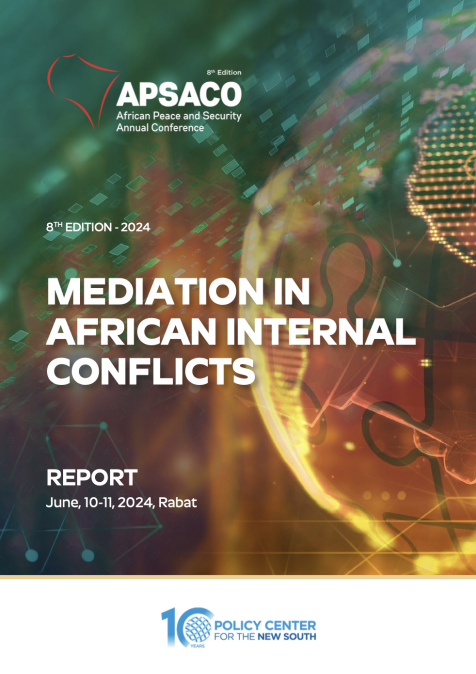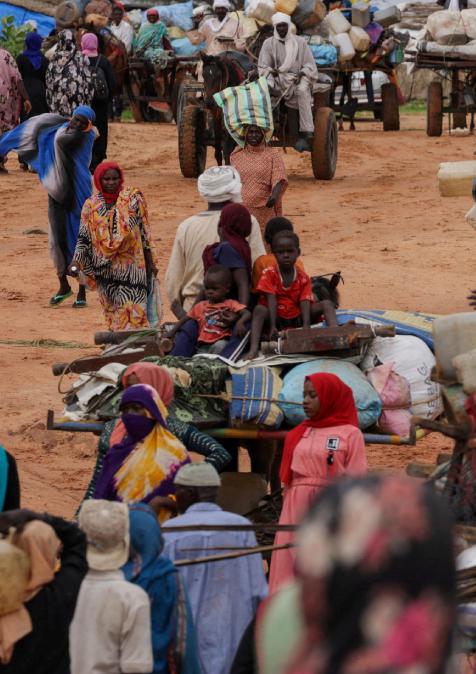Le Global Peace Index (GPI) est la publication phare de l'Institute for Economics & Peace (Institut pour l'économie et la paix - IEP) et en est actuellement à sa quatorzième édition. Il présente l'une des analyses de données les plus complètes sur les tendances de la paix dans le monde, sa valeur économique et la manière de développer des sociétés pacifiques. Le GPI et ses conclusions sont largement utilisés par les gouvernements, les organisations internationales, les organisations non gouvernementales, les institutions universitaires et les groupes de réflexion. Le GPI couvre 99,7 % de la population mondiale et classe 163 États et territoires indépendants en fonction de leur niveau de paix. L'état de la paix est mesuré sur la base de trois domaines thématiques de la paix négative : le niveau de sûreté et de sécurité sociétales, l'étendue des conflits nationaux et internationaux en cours et le degré de militarisation. La paix négative est l'absence de violence ou de peur de la violence et constitue un complément à la paix positive. En outre, le GPI comprend une analyse des tendances de la paix positive, qui peut être définie comme désignant les attitudes, les institutions et les structures qui créent et maintiennent des sociétés pacifiques. Les analyses figurant dans le GPI sont basées sur 23 indicateurs qualitatifs et quantitatifs provenant de sources éminemment respectées. Cette édition du GPI comprend une étude sur l'évolution des troubles civils au cours de la dernière décennie. Elle examine également les nouvelles frontières de la recherche, avec des chapitres consacrés aux résultats de la publication portant sur la COVID-19 et la paix et sur le registre des menaces écologiques (ETR). Dans son rapport sur la COVID-19 et la paix, l'IEP décrit l'impact mondial de la pandémie, la résilience et les capacités d'adaptation des pays, ainsi que les mutations dans les systèmes socio-économiques et les modes de conflit et de violence. Le rapport examine également les principaux aspects du monde post-pandémie et commente les initiatives prospectives visant à remodeler l'économie mondiale ATELIER 2 : « Indice mondial de la paix » Présentation du « Global Peace Index » : Discours d'ouverture Mahamat Saleh Annadif, chef de la MINUSMA, ancien ministre des affaires étrangères du Tchad Chair : Omayra Issa, Journaliste et présentateur Speaker : Serge Stroobants, Directeur du département Europe et MENA, Institut pour l'économie et la paix (IEP) Discutants: - Rama Yade, Senior Fellow, Atlantic Council - Abdelhak Bassou, Senior Fellow, Policy Center for the New South MOT DE CLOTURE : Karim El Aynaoui, President, Policy Center for the New South












